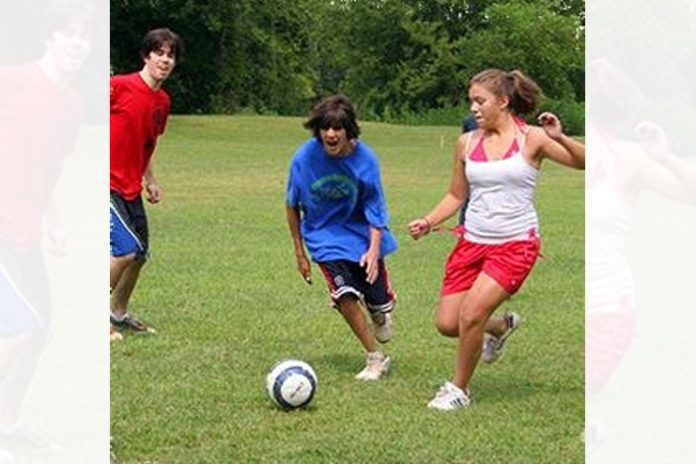Summer Camp: The Gift of Friendship
Overnight Summer Camp teaches skills in a variety of disciplines – sports, arts, nature and the like. However, the enduring value of summer camp is not the skills that it teaches, but the values and traits of character that it imparts. A camp experience teaches children to work together more cooperatively, resolve conflicts, assume responsibility, and develop self-reliance and self-confidence.
Parents of kids and teens with special needs may be reluctant to send their children to sleep-away camp. Yet, these children – specifically those who struggle socially – stand to benefit the most from the right camp experience. More than anything, great camps teach socialization skills. Overnight camp is an environment in which children learn about living, working, and playing together in a supportive community. Many children form their fondest memories and their deepest friendships at camp.
Of course, not every camp is equipped to address the specific needs of every child. Finding the right camp is paramount to a successful experience. Here are some suggestions for navigating the process.
Selecting a Summer Camp for Your Child
The first step should be to discuss the process as a family. Make sure you and your child are on the same page. It’s never a good idea for him/her to find a brochure in the mail before you’ve talked about camp!
Questions to ask yourself and your family:
- What is on my “must-have” list? (e.g. certain program offerings, minimum session length, …)
- Will my child “regress” without certain interventions?
- What type of environment is necessary for my child to make progress in his social/emotional/educational development?
- Is my child prepared to live in a more independent way?
- What kind of support does my child need to be successful?
- What are my goals in sending my child to camp?
- How important is it to me what the other campers are like? How similar to my child do they have to be in order for him/her to fit in well?
You’re now ready to do some research. Use the American Camp Association, the Web or resources within your community to identify potential camps. Request and review camp websites and brochures.
Next, speak with the camp directors. These are the people who will have ultimate responsibility for your child’s well-being. You should feel comfortable enough to speak candidly with them about your family. Most of all, they should understand your child’s needs and be passionate about changing the lives of young people!
Questions to ask the camp directors:
- What is the camper to staff ratio? How many staff members and campers live in each bunk?
- How do you recruit and train the staff? What are your basic requirements for age and related experience?
- What are the living accommodations? Will there be enough space to accommodate my child’s needs?
- What can you tell me to confirm that you really understand my child’s special needs?
- What is the application process?
- Are you willing to meet me and my family?
- Tell me about how you got involved with this camp?
- How will you help prepare my child (and me) for camp before the summer?
- How will the directors and staff communicate with me while my child is at camp?
- Is there flexibility in the camp program to accommodate a challenging day or a need that my child has?
- How much structure and choice are built into daily activities?
The camp experience is an incredible gift to give your child. You’re now well on your way to finding the camp that’s the best fit for your camper!
— Debbie and Eric Sasson
Debbie and Eric are the directors of Camp Akeela, a co-ed, overnight camp in Vermont. Debbie has a Masters in School Counseling and a doctorate in Clinical Psychology; Eric has a Masters in Education from Harvard University. Within a well-rounded, traditional camp program, Akeela is a small, supportive community that helps campers improve their social skills. Akeela focuses on building a community in which campers feel great about themselves, make friends, try new things and have fun! For more information about Camp Akeela, see www.campakeela.com or call Debbie and Eric at 866-680-4744.









